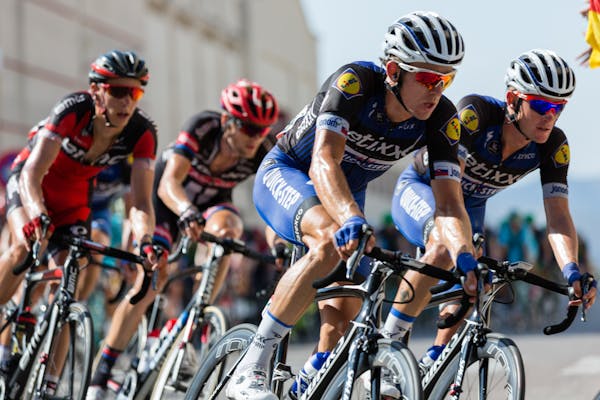Becoming a Sports Announcer: Steps to Launch Your Career
A sports announcer provides live on-air commentary for sporting events. This career is most commonly associated with radio or television broadcasting, but it can also be found on online platforms as well.
Over the past few decades, we’ve seen a shift in how announcers sound. Rather than a generic General American voice, they now skew toward regional sounds and accents. Discover more at 스포츠중계!
Communication Skills
As a sports announcer, you must be able to communicate clearly. This includes verbal communication skills such as speaking and listening, but also writing and reading. Strong written communication is essential for a career in broadcasting, as you will need to draft emails and social media captions.
Sports announcers must also be able to understand complex plays and provide analysis. This requires research and preparation, including studying team and player statistics, reviewing past game results and researching current news and developments in the sport.
During a sports broadcast, a sports announcer must also work effectively with a production team that includes producers, directors and camera operators. This requires clear and effective communication in order to coordinate camera angles, replays and other elements of a game broadcast.
Listening Skills
During sports broadcasts, announcers listen to the players, the game, and other participants in order to provide their audience with information about the sport. This listening skill requires patience and the ability to understand others’ points of view without interrupting.
Sports announcers must also have good public speaking skills to effectively convey information in a clear and engaging manner. They should not use filler words such as “um” or “ah,” and their speech should flow naturally from one sentence to the next.

They should be able to recognize players and other important information such as the date, the team and its record, or the location of the game. They should also be able to read scripts and other written material quickly and accurately. They also need to take notes when watching games in order to prepare their commentary and research.
Persuasive Skills
A great play-by-play announcer has a unique style and voice that’s identifiable in just a few seconds. They also know how to persuasively convey a game’s most compelling moments so that the audience is invested in what happens next.
This requires knowing how to put a situation into perspective and decode complex rules so that any viewer can understand them. It also requires having strong opinions and the ability to watch replays quickly and determine what went wrong or right in a particular play.
Persuasive skills are important because sports announcers often work with producers and directors to receive cues and instructions during a live event. They must be able to negotiate and compromise to find solutions that satisfy everyone. They also need to convince the audience that their analysis is correct.
Interpersonal Skills
Whether they’re describing an on-the-field play, providing historical insight or amusing anecdotes, a sports announcer must engage their audience. To do this, they must develop strong public speaking skills.
They also need to be able to think quickly when the unexpected occurs during a game, such as a sudden change in momentum between teams or a player injury. This ability to remain professional under pressure is key to success in this career path.
Finally, a sports commentator must have excellent research skills. This is because when they aren’t at a live event, they spend their time researching players and statistics. This allows them to provide educated insights to their audiences during the games they broadcast.
Ability to Think Quickly
A sports announcer must be able to think quickly and respond appropriately to unexpected situations during a game. This may include a sudden shift in momentum between teams, a player injury or an unforeseen weather change.
Having quick thinking skills can help you make decisions quickly in everyday life, as well. Taking a moment to pause and process your thoughts before speaking can allow you to communicate more effectively.
Being a quick thinker can also help you avoid analysis paralysis, which is the feeling of indecision and inability to move forward. Fast-thinking individuals often have higher self-confidence and are better able to navigate social situations. They can also make decisions with less information, reducing the risk of making mistakes. A 1983 study by linguist Charles Ferguson published in Language and Society analyzed the utterances of sports announcers to identify features that distinguish their way of talking about the game.




